For over 250 years, SAFILIN has been putting its linen-spinning know-how at the service of its clients. We have the privilege of working with environmentally responsible material, grown locally, in the coastal zone stretching from Caen to Amsterdam, using the sustainable agriculture methods. In fact, flax does not require irrigation to grow—the oceanic climate of our regions is all it needs.
Thanks to this, in order to answer our clients’ demand for more transparency, we decided to take one step further and guarantee eco-responsibility to our clients by developing the new “Gaia” offer.
It includes traceability certificates and data allowing for calculation of the environmental impact of the Safilin yarns. These tools come on top pf the Masters of Linen and OEKO TEX certificates that we have already held. Thus, each link of the linen manufacturing chain can support the short production cycle and consumers can buy a completely transparent product

Linen traceability certificate to guarantee the origin of the flax fibres

Each delivery of the Gaia linen yarn is accompanied by a yarn traceability certificate allowing to trace the origin of the scutched flax yarn we buy.
The Safilin’s characteristic is to have a large stock of rigorously selected raw materials, used for mixing different batches of long flax fibres and thus guaranteeing yarn of uniform, superior quality throughout the year. This stock is composed on average of 95% French fibres and 5% of fibres coming from Belgium or the Netherlands.
The certificate of origin states the city of origin of our scutched fibres, name of the supplier, harvest year, and name of the spinning factory.
Environmental footprint data to calculate the LCA of garments
In order to know and reduce the environmental footprint of our linen yarn production, we decided to calculate it.
These data also allow our clients to include the environmental footprint data from the upstream supply chain and calculate the life-cycle assessment (LCA) of the end linen products. Thus, the textile brands, in particular, will be able to meet the future requirements of the French AGEC law, encouraging enterprises to apply the eco-design rules. While developing the Gaia offer, we turned ourselves to the Greenflex organisation for collection and analysis of incoming and outgoing flows of our combing and spinning units.
Next, the data were consolidated with the data upstream, originating from the growing and scutching processes, calculated as part of the Life-Cycle Assessment of the scutched flax fibre carried out by CELC (the European Confederation of Flax and Hemp).
We decided to measure the environmental performance according to the Product Environmental Footprint (PEF) index which is a multiple-criteria method taking into account the totality of flows at all stages of the product lifecycle: from production of raw materials, through processing/manufacturing, distribution, and use to disposal at the end of life.
In keeping with our Tradition and Innovation values, Safilin makes part of an intra-sector working group, carrying out a pilot project of testing and identifying good practices of the PEF methodology, which in the upcoming months will be introduced to the textile sector at the European level.

Set of marketing materials to highlight the benefits of using linen and the Safilin yarn
To help our clients add value to their products, we have drawn up an exhaustive marketing documentation summarising all the information related to the benefits of using linen and in particular the Safilin yarn.
If you wish to know more, do not hesitate to contact us !
